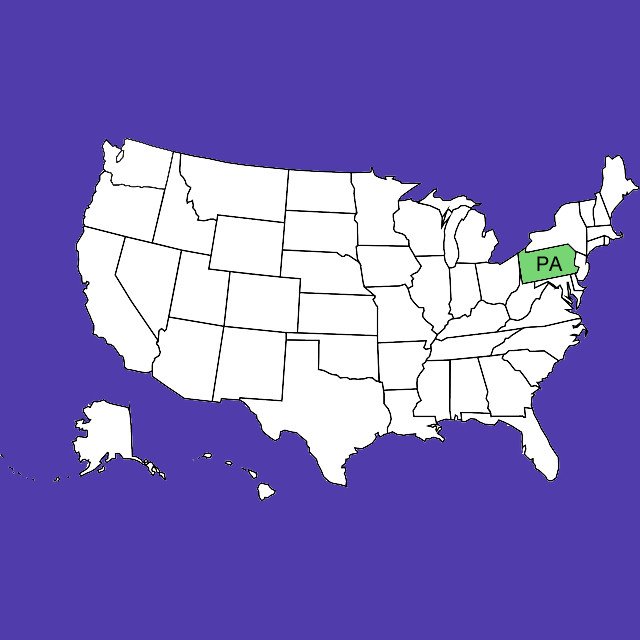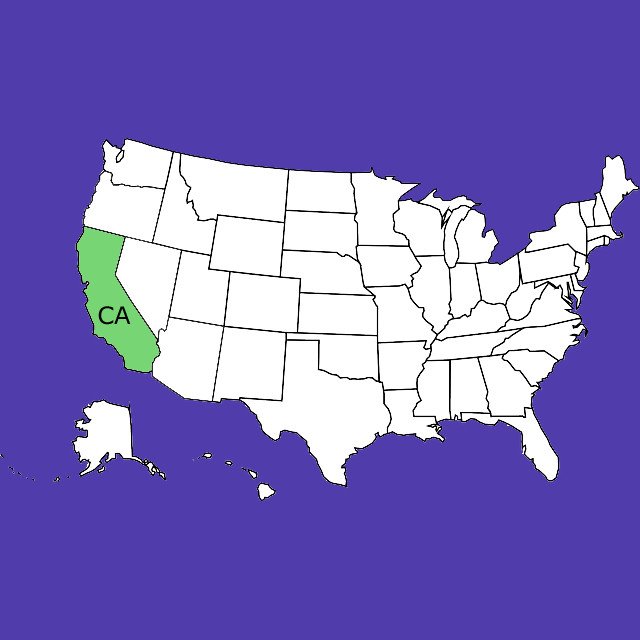Pennsylvania Medical Marijuana: Transparent Cannabis
The Pennsylvania Commonwealth Court has decided a new case that may have a huge impact on cannabis licensing in the Mid-Atlantic region. The Commonwealth Court hears cases involving state and local government entities and state agencies in Pennsylvania and has heard a number of challenges regarding the administration of the 2016 Medical Marijuana Act (MMA).
The Role of Kovel Accountants in California’s Regulated Cannabis Industry
We are rapidly approaching the close of 2018 and the first birthday of a regulated medical and adult-use cannabis industry in California. The transformation from a lightly regulated medical cannabis industry to a highly regulated medical and adult-use commercial market1 has been plagued by fits and starts as the regulatory agencies struggle to create a workable structure 2. The highlights for us relating to this transition have included………………
WHO Expert Committee on Drug Dependence Closed Door Sessions May Result In International Cannabis Re-Scheduling
The ECDD, studying the effects of cannabis officially for only the second time since the 1950s, will present its findings to the United Nations and the public on December 7, in regard to a revision of the International Conventions’ Schedule, which currently ranks marijuana alongside heroin and crack.
Commercialization of Legalized Cannabis: A Synopsis
Recreational cannabis hasn’t been legal for long, but a lot of ink has already been spilled about it. While the media have given extensive coverage to its potential health effects and to the impacts and ramifications of cannabis use for employers, little has been said regarding the commercialization and marketing of this new product and its accessories1 by businesses.
South Korea First
The revised law adopted November 23, 2018 is limited to CBD concentrates with THC levels too low to cause intoxication.
Is CBD Legal? Let’s Set the Record Straight
Public interest in the potential health benefits of CBD (cannabidiol) is responsible for a whole new market segment of health and wellness foods and supplements that features CBD as an ingredient. CBD is one of more than 100 cannabinoids in the cannabis plant, but unlike THC (tetrahydrocannabinol), CBD is not psychoactive and won’t get the user “high.” The CBD market is expected to top $591 million this year, and with federal protections could grow to $22 billion by 2022. Fueling this trend is scientific and anecdotal evidence of CBD’s effect on anxiety, pain, inflammation, nausea and seizures, as well as its value in fighting the opioid crisis.
California’s Cannabis Cluster…..
As a legislative aide in the U.S. Senate I worked on a worldwide oil crisis with skyrocketing prices, gasoline lines and windfall profits taxes. As the owner of a solar energy company, I navigated my way through a maze of federal and state tax credits, utility company rebates, local incentives, building permitting, and a legislatively-set expiration date for the industry. Early in my decades-long career as a lawyer, I worked with savings & loan clients through the thrift industry’s wild rise and fall. But as I prepared to launch Maccopay, a cashless and paperless payment platform to serve the State’s cannabis industry, nothing prepared me for the clusterf*k facing California’s cannabis industry.
A Little More Country, But Getting Ready To Rock & Roll
The continuing trend of individual state approvals of cannabis use along with the recent end of prohibition in Canada have sparked a heightened level of interest in the U.S. Cannabis industry among a larger and more sophisticated pool of investors. This interest has been further inspired by the U.S. Federal Government’s continued reluctance to aggressively interfere with individual state permissions despite early on threats by the Trump Administration’s Department of Justice led by the recently dismissed Attorney General Jeff Sessions.
“Hemp Testing 101: Analytical Testing Protocols Explained and Evaluated”
Proper analytical testing is vital to the hemp industry. In order to qualify as “industrial hemp” under the 2014 Farm Act (or as “hemp” under the 2018 Farm Bill), cannabis must be tested for delta 9 (∆9) tetrahydrocannabinol (THC) concentrations to ensure that it does not exceed three tenths of one percent (0.3%) on a dry weigh basis. Analytical testing raises a number of issues, including, but certainly not limited to, the specific testing methods that are (and should be) used, at what point in the growth cycle of the cannabis plant testing should occur, what part(s) of the plant should be tested, from which part(s) of the field plant samples should be acquired, how the plant material should be combined to form a test sample, whether the acid form of THC should be decarboxylated as part of the testing process, and the scope of the test (i.e., the degree to which other compounds are measured, if at all, in a particular test).








